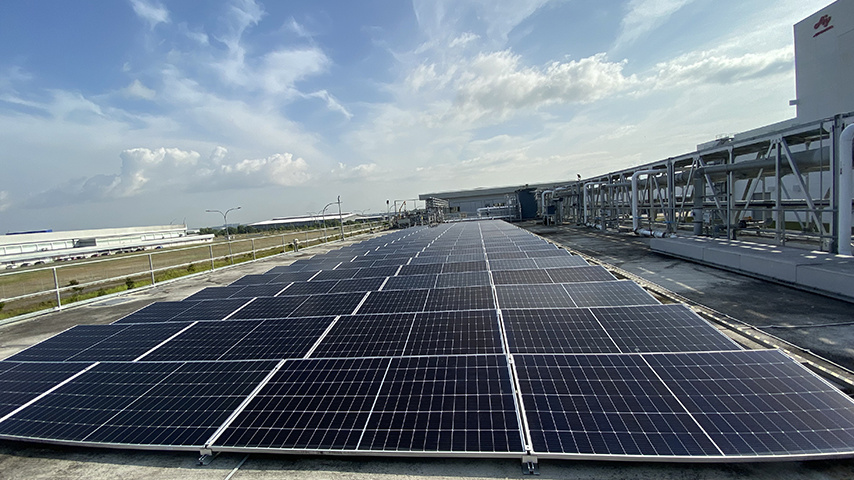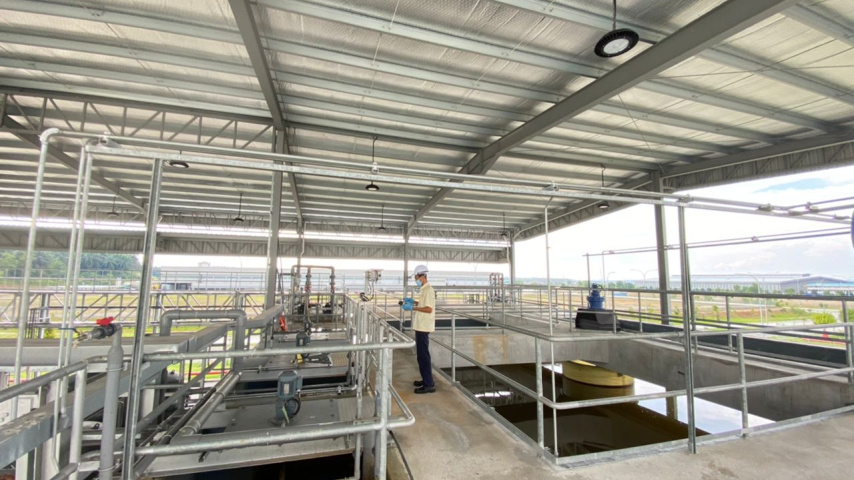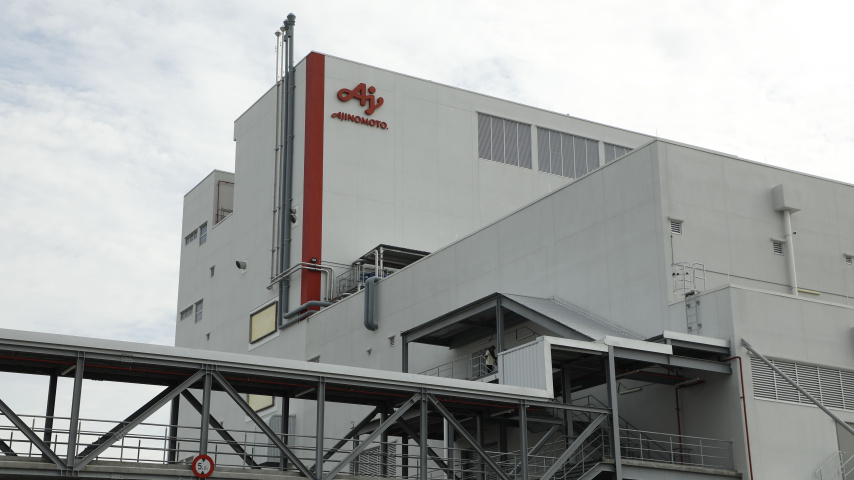Sustainability in Malaysia
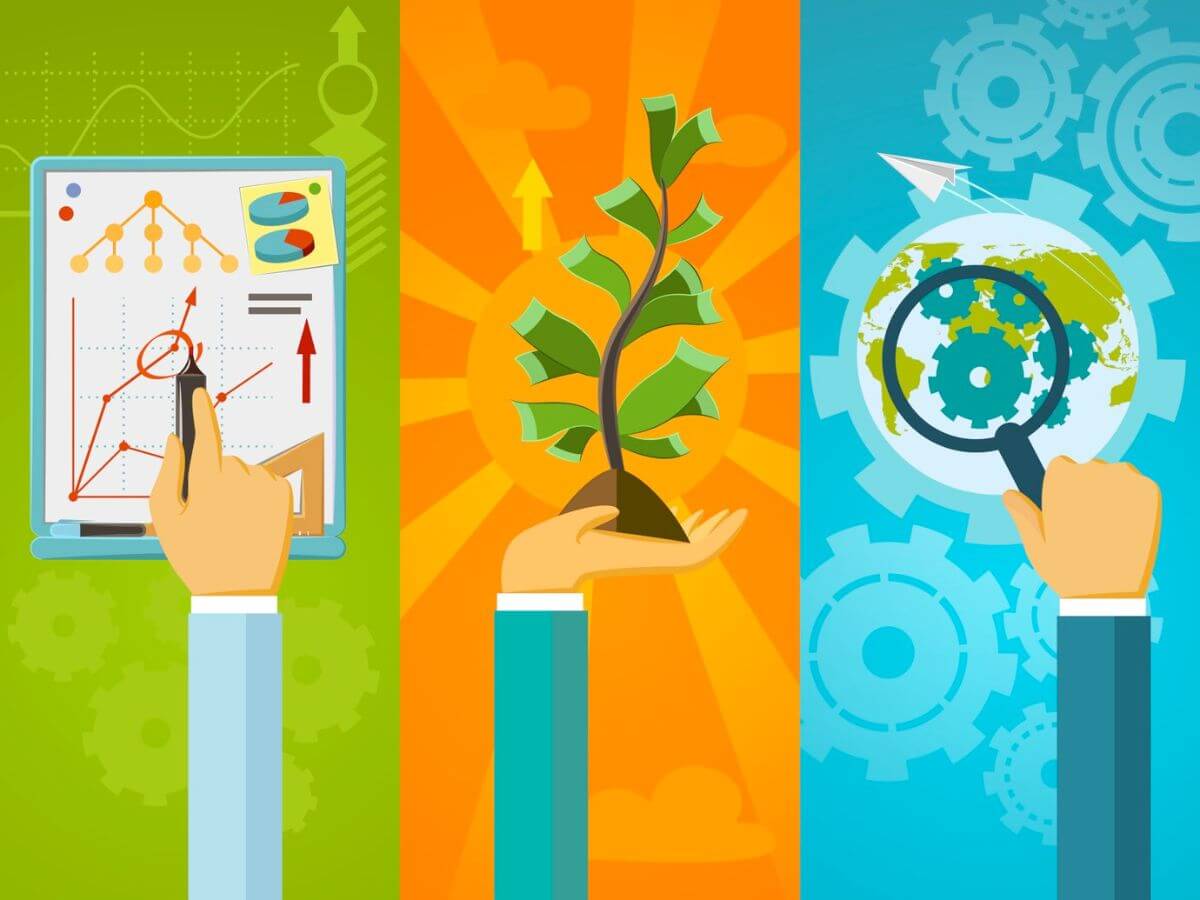
Sustainability is no longer just an option — it's a necessity, especially when it comes to countries like Malaysia with its rich ecological diversity. The country stands at the crossroads of development and conservation, making sustainability a pivotal concern.
In this incredibly diverse country, every decision made has a ripple effect, impacting not only the immediate surrounding but also the global ecosystem. Hence, understanding and practising sustainability becomes integral.
Pillars of Sustainability
The pillars of sustainability encompass three major areas: environmental, social, and economic. These pillars are crucial foundations that play a significant role in promoting sustainable practices.
The environmental pillar is possibly what most people initially think of when they hear the term "sustainability". This sphere emphasises the importance of protecting and conserving natural resources. It encourages practices like reducing emissions, recycling waste, and using renewable energy sources to sustain our ecosystem.
Then we have the social pillar of sustainability, which calls for fairness and equity in communities and promotes respect for cultural differences and human rights. By ensuring proper healthcare, education, equal opportunities, and stable living conditions for all, societies can progress sustainably.
Finally, the economic pillar focuses on creating stable economies that promote equality without compromising future generations' ability to meet their needs. Here lies the importance of resource efficiency, balanced budgets, and fair trade.
Together, these three pillars form a strong framework for sustainable development. Without one or more of these elements in place, long-term viability suffers, as potential social conflicts or depletion of resources could prove detrimental to business survival.
Sustainability Issues in Malaysia
Malaysia, known for its rich biodiversity and relentless urban development, grapples with various sustainability issues. The challenges are not just environmental, but also social and economic in nature.
Amongst the environmental concerns, deforestation is at the forefront. Malaysia is home to some of the world's most diverse ecosystems but has been rapidly losing its forests due to unregulated logging and massive-scale palm oil production. These activities disrupt wildlife habitats and contribute significantly to climate changes. Equally important is air pollution, primarily caused by vehicle emissions and industrial waste.
Switching to social issues, education disparity remains significant across urban-rural areas. Although there have been improvements made over the years, many children in rural regions still face limited access to quality education. Additionally, income inequality continues to be a pressing issue, with large gaps between different socioeconomic classes often causing tension.
Now shifting focus to economic challenges. Malaysia relies heavily on an export-driven growth model led by natural resource-based sectors such as the palm oil industry. While this approach provides short-term benefits, it leaves the country vulnerable during global economic downturns or fluctuations in commodity prices. Shifting towards a more diversified economy might alleviate this dependence.
Sustainability issues in Malaysia are interwoven with environmental protection, social well-being, and economic stability. To overcome these obstacles requires integrated solutions that address all these aspects concurrently rather than in isolation.
Greener Practices for a Sustainable Future
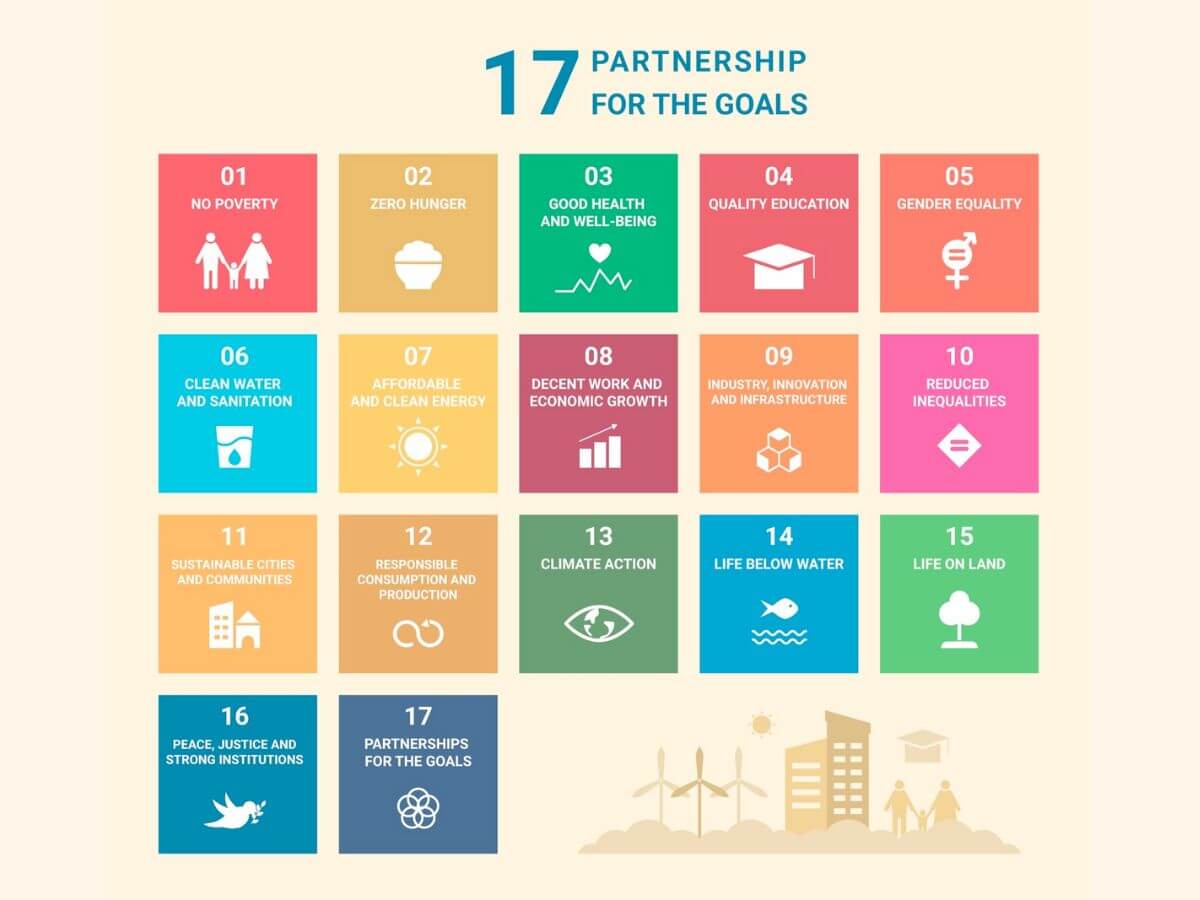
Sustainability in Malaysia leans heavily on the Green Technology Master Plan (GTMP) launched in 2017, which aims to drive its transition towards a low-carbon and resource-efficient economy. The GTMP targets five major sectors - energy, manufacturing, transport, buildings, and waste management.
Firstly, in terms of energy production, Malaysia is fostering renewable sources like solar and hydroelectric power. It aims not only to reduce carbon emissions but also promote green growth to keep the country on the renewable energy roadmap.
In the manufacturing sector, the plan emphasises creating eco-friendly products with reduced energy consumption. By adopting efficient technologies and practices such as waste recycling and reuse techniques, manufacturers are urged to lessen environmental impacts and enhance sustainability.
Transportation forms another focal point for Malaysia's sustainable plan. Initiatives like electric vehicle (EV) blending mandates endorse cleaner fuel options, thereby reducing detrimental environmental effects associated with conventional fuels.
Buildings in Malaysia are being encouraged to go green too. The idea primarily is to adapt efficient use of electricity and water resources. Plus, increased usage of recyclable materials for construction aligns with sustainability objectives.
Finally, effective waste management underpins these efforts towards sustainability, too. By imposing stricter regulations on waste disposal and promoting recycling programs extensively; circular economy becomes an achievable dream for a greener tomorrow.
Malaysia is targeting a significant reduction in greenhouse gas emissions by up to 45% by 2030 compared to their conventional developmental path. This ambitious target showcases Malaysia's commitment towards global climate change initiatives and paves the way for effective eco-friendly practices that don't compromise economic growth.
Ajinomoto Malaysia Aims to Be a Sustainability Company
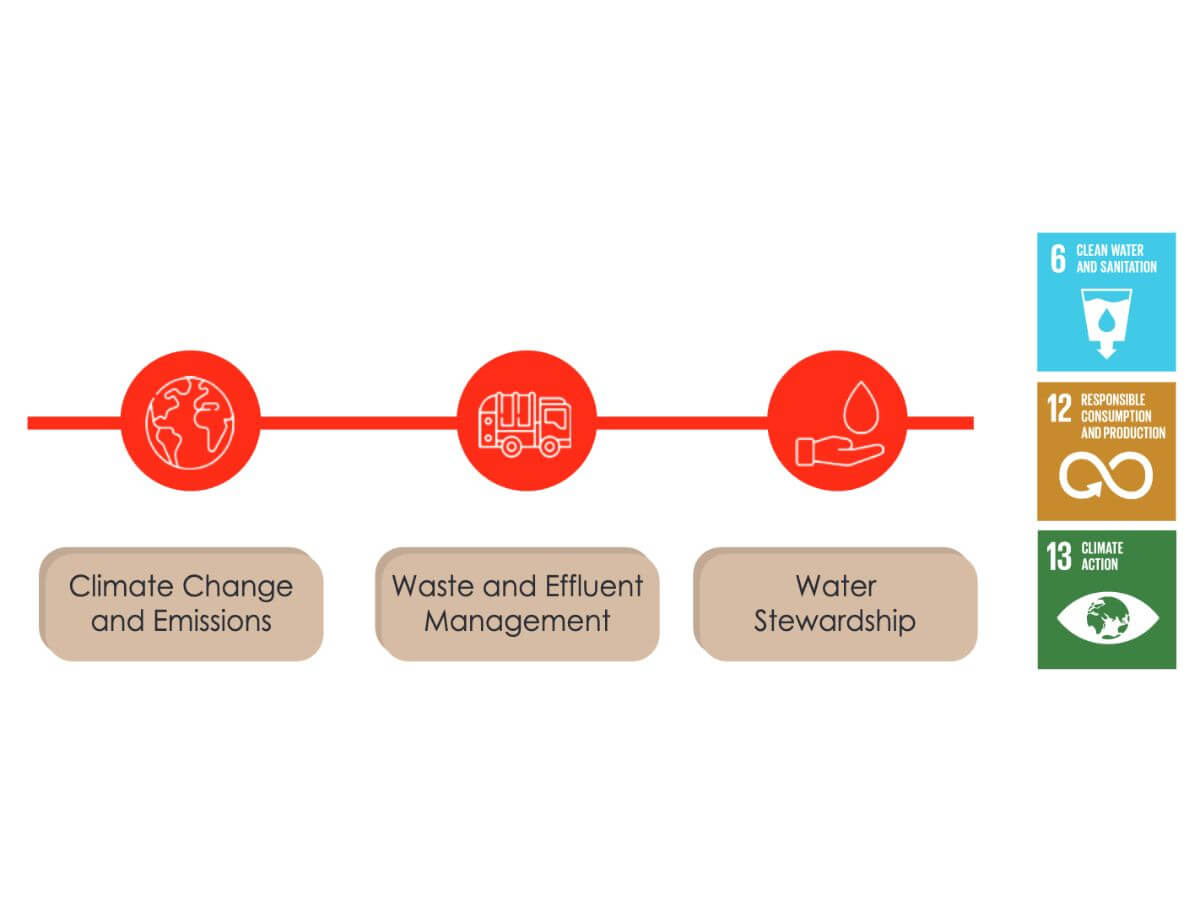
Ajinomoto Malaysia stands decisively committed to enhancing its sustainability practices. With an unwavering dedication, the organisation uniquely blends business and ecological responsibility.
- Ajinomoto has set a goal to reduce CO2 emissions by 10% by 2023, using 2019 as the baseline. Remarkably, in the recent period reported, a 15.6% decrease in total CO2 emissions was achieved over the base year.
- An equally compelling objective is reaching zero plastic waste by 2030 with sustainable food packaging. In 2023, we achieved a reduction of up to 118.51 tonnes of plastic waste – demonstrative of serious steps towards this ambition.
- Investments in human capital also form a crucial part of Ajinomoto's sustainability commitments. The pledge here is to deliver an average of 10 training hours per employee. In 2023, we surpassed this target, with employees receiving an average 17.9 hours training.
- Ajinomoto aims for zero cases of severe accidents or lost time due to injuries at our workplaces. While most recently 1 work-related injury was reported, the lost-time injury rate stood at just 0.12 per every 1.67 million hours worked.
- Lastly, reducing food loss occupies our sustainability agenda too. The mission is to halve food loss directed towards landfills by 2025 compared to baseline levels from 2019. Still, a 78.9% increase was observed resulting from product development activities during this transitional phase.
In conclusion, these firm commitments undoubtedly indicate that sustainability plays an integral role in Ajinomoto Malaysia's business model, embodying our profound respect for people and planet while progressing robustly as a business entity.
